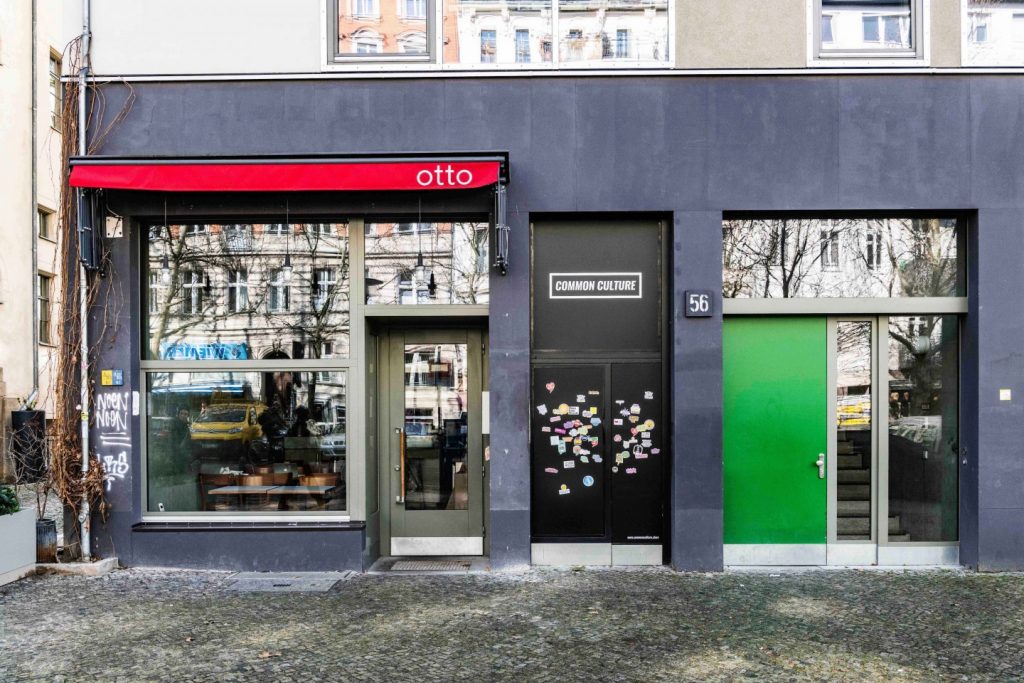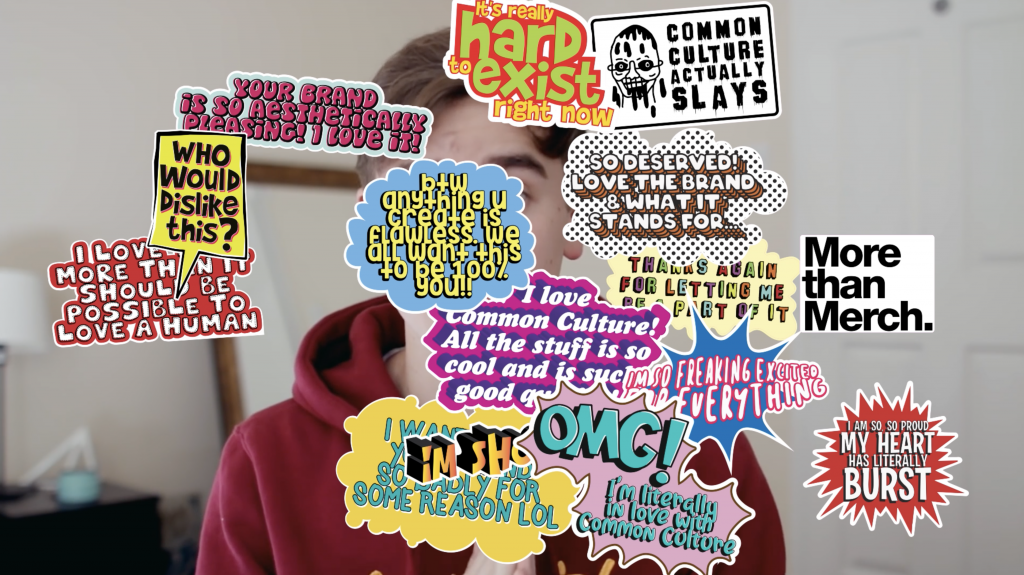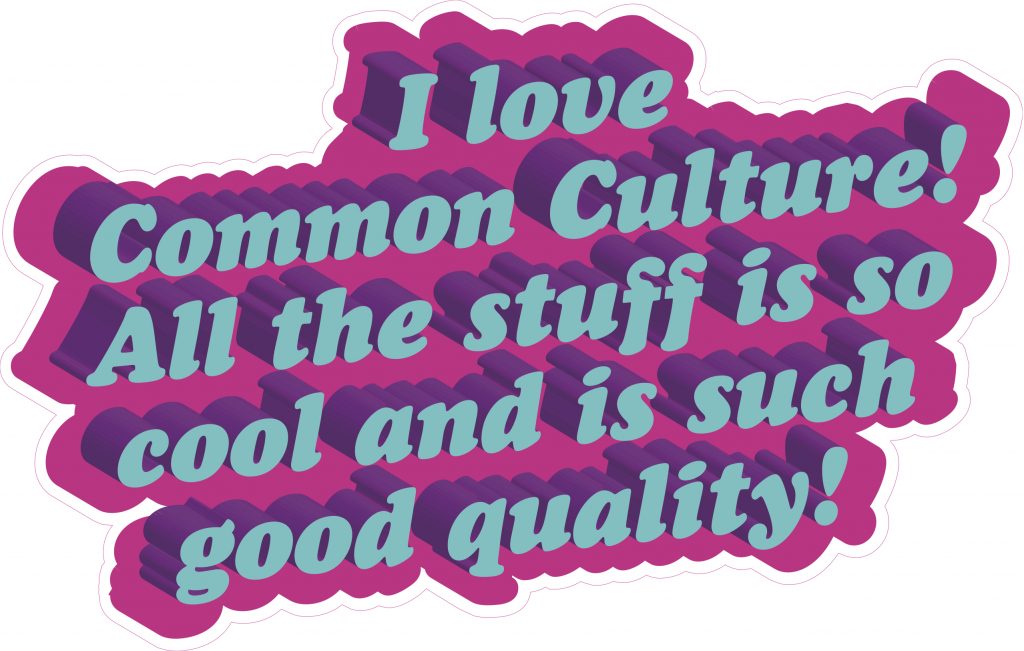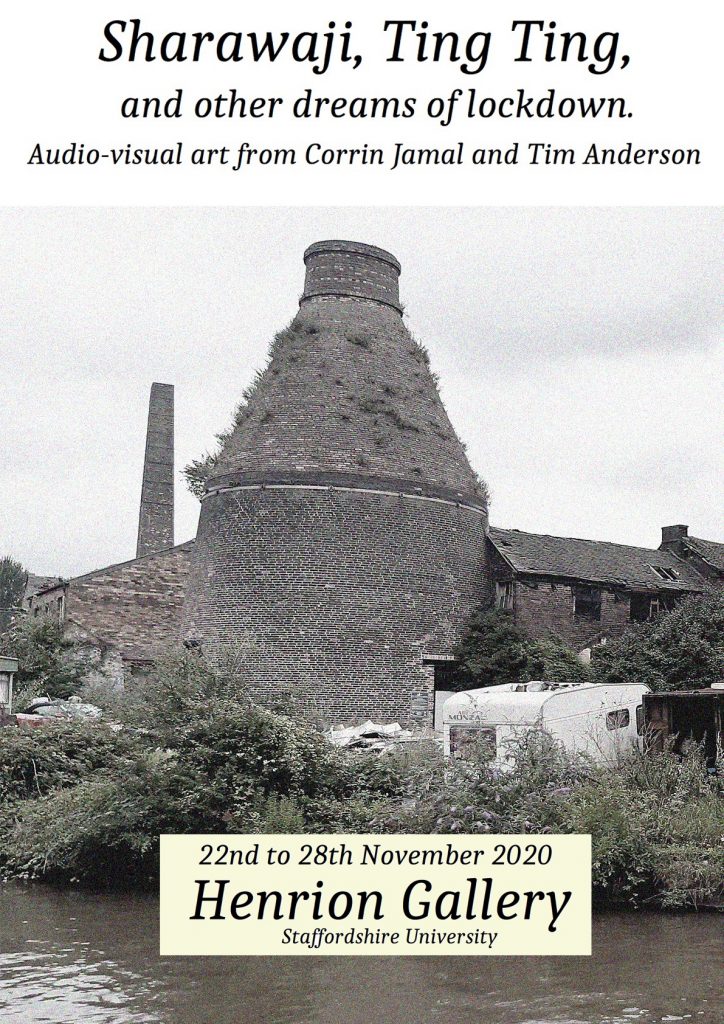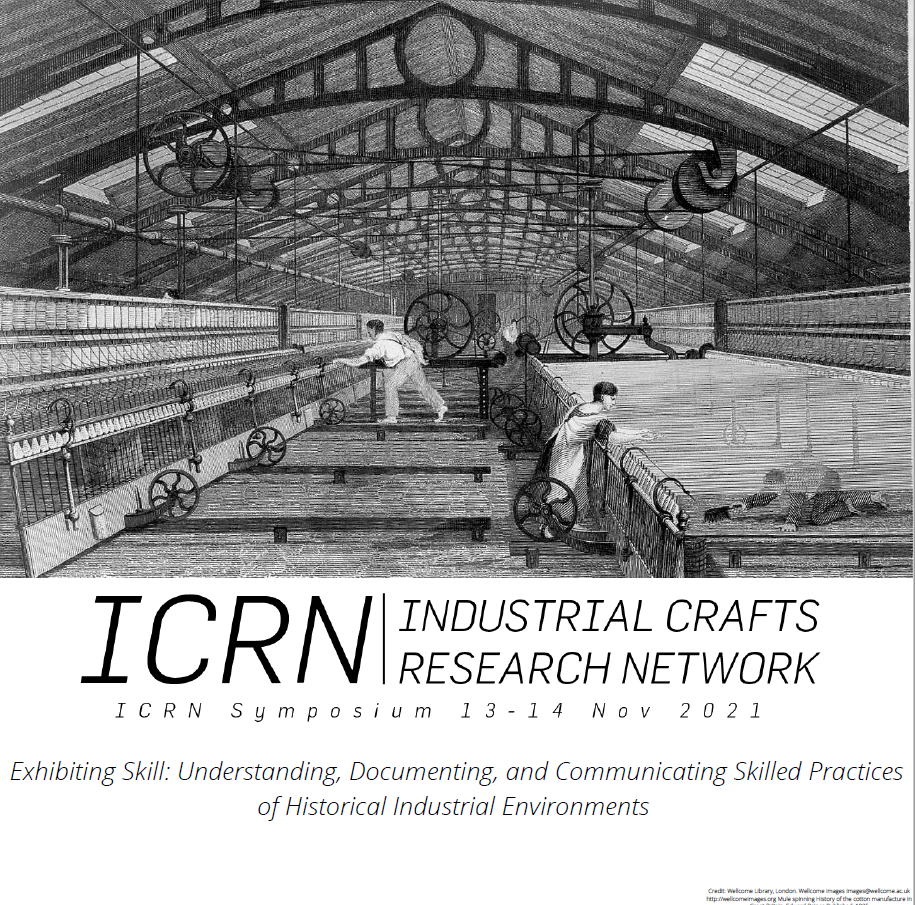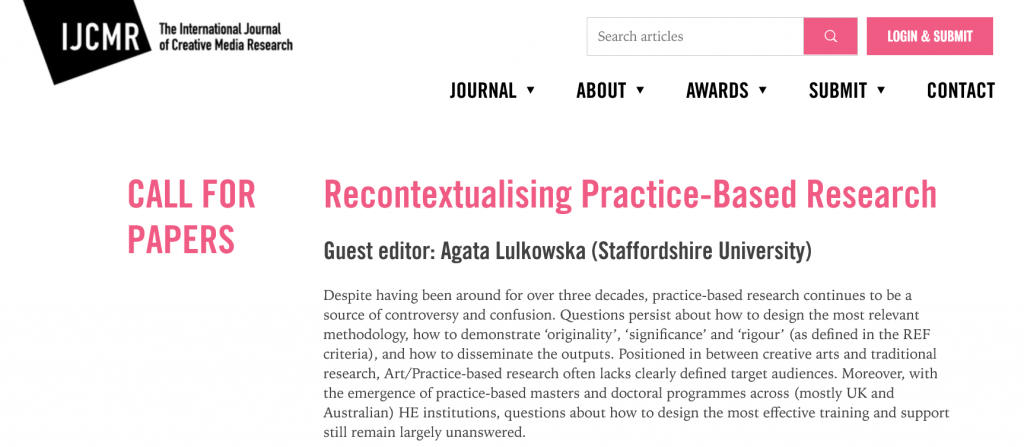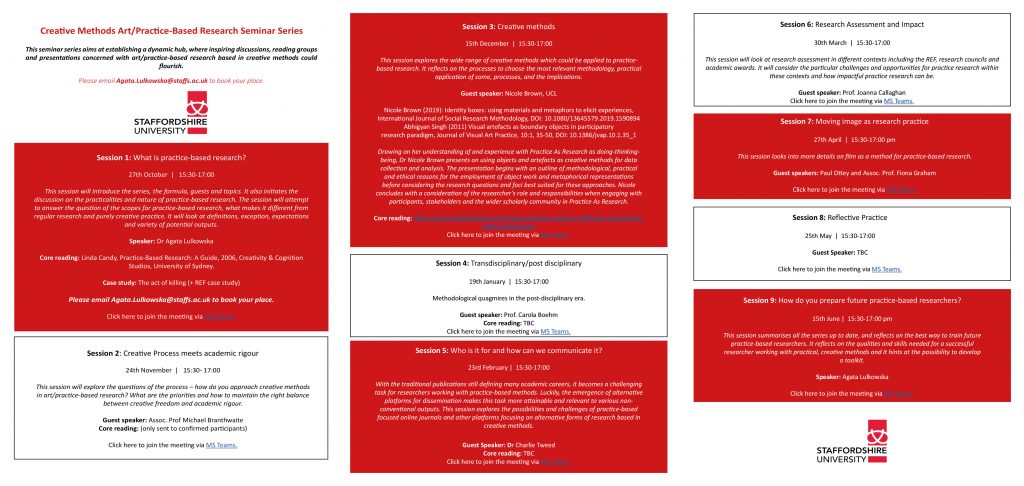Session 1: What is practice-based research? – link to the recording
27th October | 15:30-17:00
This session will introduce the series, the formula, guests, and topics. It also initiates the discussion on the practicalities and nature of practice-based research. The session will attempt to answer the question of the scopes for practice-based research, what makes it different from regular research and purely creative practice. It will look at definitions, exceptions, expectations and a variety of potential outputs.
Speaker: Dr Agata Lulkowska
Core reading: Linda Candy, Practice-Based Research: A Guide, 2006, Creativity & Cognition
Studios, University of Sydney.
Case study: The act of killing (+ REF case study)
Click here to join the meeting via MS Teams.
Session 2: Creative Process meets academic rigour
24th November | 15:30- 17:00
This session will explore the questions of the process – how do you approach creative methods in art/practice-based research? What are the priorities and how to maintain the right balance between creative freedom and academic rigour.
Guest speaker: Assoc. Prof Michael Branthwaite
Click here to join the meeting via MS Teams.
Session 3: Creative methods
15th December | 15:30-17:00
This session explores the wide range of creative methods which could be applied to practice- based research. It reflects on the processes to choose the most relevant methodology, practical application of some, processes, and the implications.
Guest speaker: Nicole Brown, UCL
Nicole Brown (2019): Identity boxes: using materials and metaphors to elicit experiences, International Journal of Social Research Methodology, DOI: 10.1080/13645579.2019.1590894 Abhigyan Singh (2011) Visual artefacts as boundary objects in participatory
research paradigm, Journal of Visual Art Practice, 10:1, 35-50, DOI: 10.1386/jvap.10.1.35_1
Drawing on her understanding of and experience with Practice As Research as doing-thinking- being, Dr Nicole Brown presents on using objects and artefacts as creative methods for data collection and analysis. The presentation begins with an outline of methodological, practical and ethical reasons for the employment of object work and metaphorical representations before considering the research questions and foci best suited for these approaches. Nicole concludes with a consideration of the researcher’s role and responsibilities when engaging with participants, stakeholders and the wider scholarly community in Practice As Research.
Core reading
Click here to join the meeting via MS Teams.
Session 4: Transdisciplinary/post disciplinary
19th January | 15:30-17:00
Methodological quagmires in the post-disciplinary era.
Guest speaker: Prof. Carola Boehm
Click here to join the meeting via MS Teams.
Session 5: Who is it for and how can we communicate it?
23rd February | 15:30-17:00
With the traditional publications still defining many academic careers, it becomes a challenging task for researchers working with practice-based methods. Luckily, the emergence of alternative platforms for dissemination makes this task more attainable and relevant to various non- conventional outputs. This session explores the possibilities and challenges of practice-based focused online journals and other platforms focusing on alternative forms of research based in creative methods.
Guest Speaker: Dr Charlie Tweed
Click here to join the meeting via MS Teams.
Session 6: Research Assessment and Impact
30th March | 15:30-17:00
This session will look at research assessment in different contexts including the REF, research councils and academic awards. It will consider the particular challenges and opportunities for practice research within these contexts and how impactful practice research can be.
Guest speaker: Prof. Joanna Callaghan
Click here to join the meeting via MS Teams.
Session 7: Moving image as research practice
27th April | 15:30-17:00 pm
This session looks into more details on film as a method for practice-based research.
Guest speakers: Paul Ottey and Assoc. Prof. Fiona Graham
Click here to join the meeting via MS Teams.
Session 8: Reflective Practice
25th May | 15:30-17:00
Guest Speaker: TBC
Click here to join the meeting via MS Teams.
Session 9: How do you prepare future practice-based researchers?
15th June | 15:30-17:00 pm
This session summarises all the series up to date, and reflects on the best way to train future practice-based researchers. It reflects on the qualities and skills needed for a successful researcher working with practical, creative methods and it hints at the possibility to develop a toolkit.
Speaker: Agata Lulkowska
Click here to join the meeting via MS Teams.



